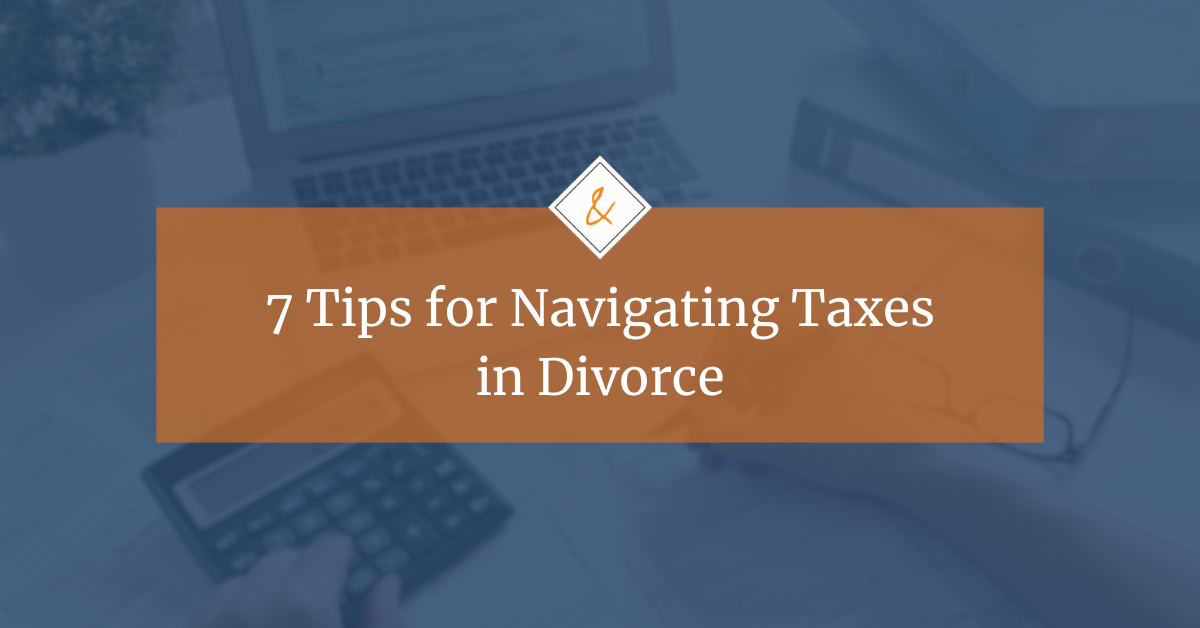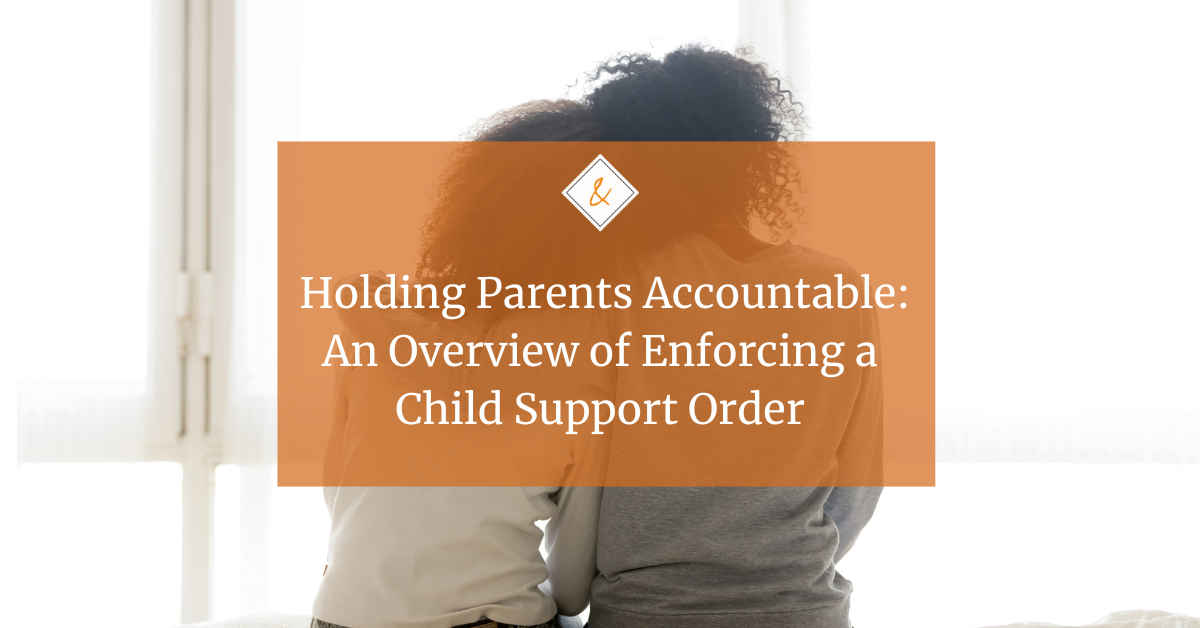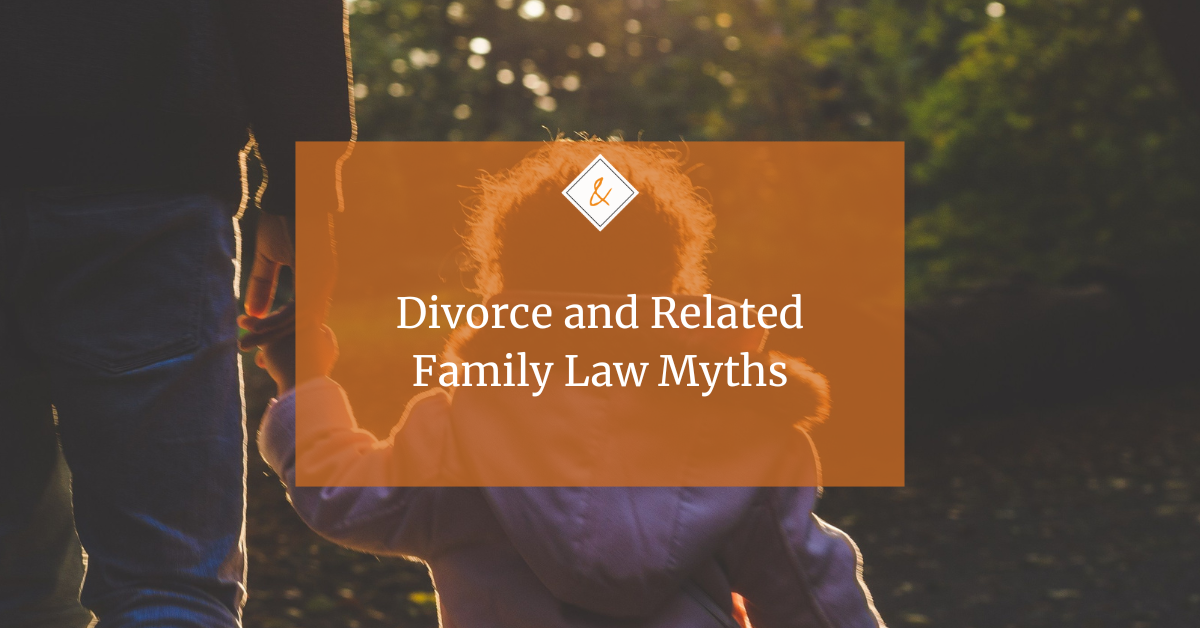It’s a traumatic time in your life. In addition to your ongoing divorce action, you’ve recently suffered serious injuries in a serious car accident and have been through endless doctor’s appointments, rehabilitation, and depositions in connection with your personal injury claim. There finally appears to be some light at the end of the tunnel as the other side has made a respectable settlement offer. As you begin to think the whole ordeal may be over, the divorce rears its ugly head again in causing you to consider how much of a windfall your soon to be ex-spouse may gain from this situation.
Much like everything else in life, it all comes down to timing.
The key event is when the actual incident/cause of action occurred, not when the victim filed the complaint, not when any settlement was finalized, and not when the court awards any proceeds to the victim. Pennsylvania law mandates that personal injury settlements are marital property subject to equitable distribution if the incident/cause of action accrued during the marriage before the parties may have separated. If the incident/cause of action accrued prior to the marriage or after the date of final separation, any proceeds would not qualify as marital property and would therefore be exempt from equitable distribution regardless of when the payment was received.
The Pennsylvania system is particularly cruel to victims whose causes of action accrued during the marriage when compared with several other states.
Specifically, many states adopt an “analytic” approach which examines the individual components of the personal injury award and makes determinations as to whether these components would be included as marital property. In these states most of the proceeds would be classified as non-marital property, however any funds paid to reimburse the parties for items such as medical expenses, reimburse the victim for wages he/she lost as a result of the accident, reimburse the spouse for wages he/she may have earned if they had not stayed home to care for the injured spouse or funds paid to the parties for their joint claim for loss of consortium would most likely qualify as marital property.
In Pennsylvania, no such breakdown of these funds occurs. If the victim’s cause of action accrued during the marriage, ALL of the personal injury proceeds would qualify as marital property.
Even if you’re “lucky” enough to have the cause of action occur outside of the marriage, you’re still not out of the woods.
If you receive the personal injury proceeds during the course of the divorce, these funds could be classified as income available for support which could serve to increase the amount of any spousal support you may be obligated to pay your spouse during the divorce proceedings. In light of this, there may be timing considerations as to when you decide to file your personal injury action depending upon the statute of limitations on that particular claim.
It is important that you discuss any pending or recently completed personal injury actions with an experienced family law attorney.


